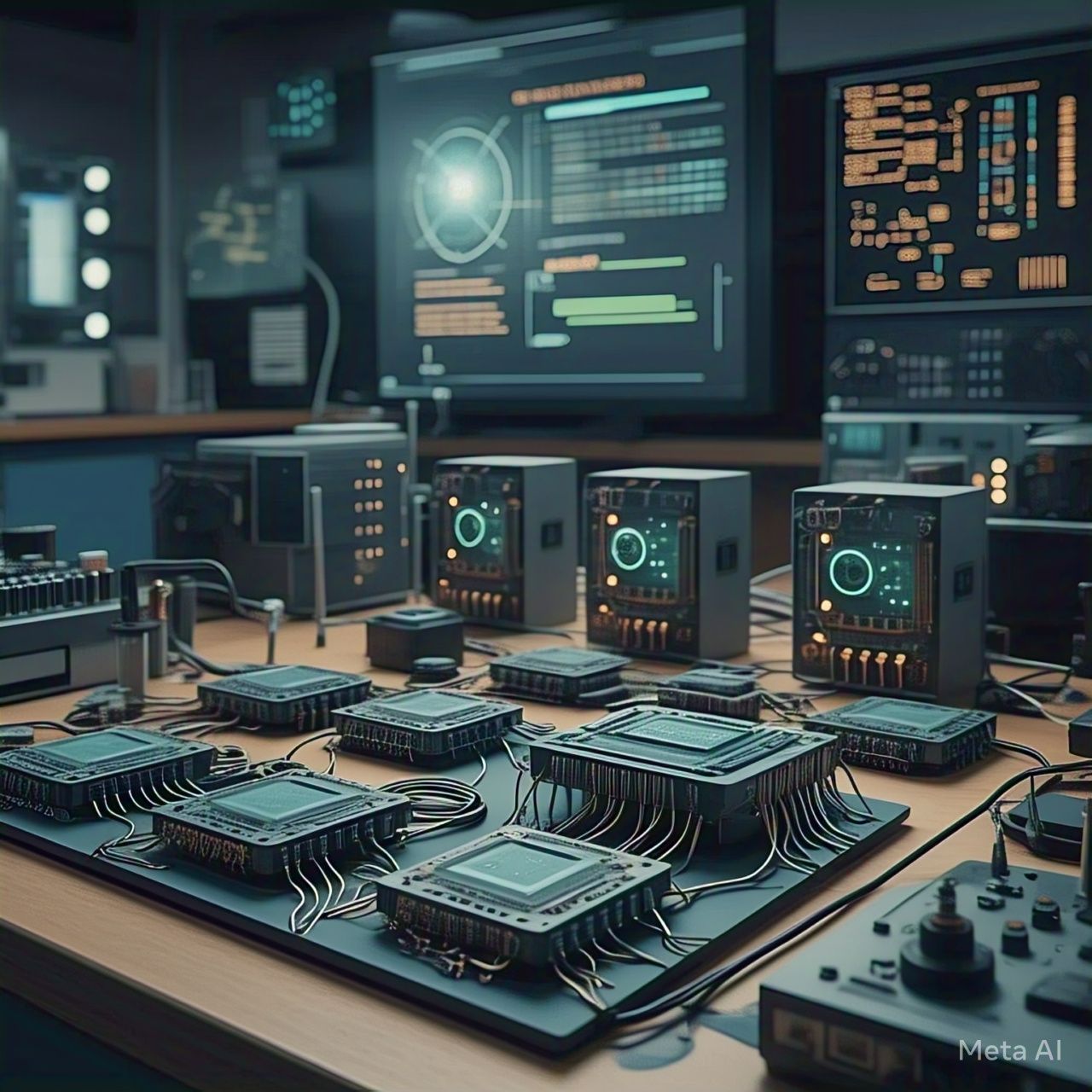Table of Contents
- Introduction
- Overview of Google Bard
- Overview of ChatGPT
- Key Features Comparison
- Accuracy and Reliability
- User Experience
- Use Cases
- Pricing and Accessibility
- Strengths and Weaknesses
- Conclusion
- FAQs
Introduction
Artificial Intelligence (AI) has revolutionized the way we interact with technology. Among the most prominent AI-driven chatbots today are Google Bard and ChatGPT. Both models offer advanced language processing capabilities, but they cater to different audiences and use cases. This article provides a comprehensive comparison between Google Bard and ChatGPT, examining their features, accuracy, usability, and more to determine which AI model is better.
Overview of Google Bard
Google Bard is a conversational AI model developed by Google. It is powered by Google’s PaLM 2 (Pathways Language Model), which allows it to provide real-time, informative responses. Bard is designed to integrate seamlessly with Google Search, offering users up-to-date and factual information.
Key Features of Google Bard:
- Real-time internet access for current data
- Integration with Google Services such as Google Search and Maps
- Multimodal capabilities, supporting text, image, and voice inputs
- Creative text generation (poetry, storytelling, etc.)
- Free to use
Overview of ChatGPT
ChatGPT, developed by OpenAI, is a powerful AI chatbot based on the GPT-4 model. Unlike Bard, it primarily relies on pre-trained knowledge rather than real-time internet access (except for ChatGPT Plus users with browsing capabilities).
Key Features of ChatGPT:
- Highly conversational and context-aware
- Available in different versions (GPT-3.5 for free, GPT-4 for Plus users)
- Third-party plugin support (in ChatGPT Plus)
- Superior text generation for creative writing
- API access for developers
Key Features Comparison
| Feature | Google Bard | ChatGPT |
|---|---|---|
| AI Model | PaLM 2 | GPT-4 |
| Internet Access | Yes | Limited (GPT-4 with browsing) |
| Text Generation | Good | Excellent |
| Data Accuracy | High (real-time) | Limited (pre-trained) |
| Multimodal Support | Yes (text, image, voice) | Mostly text-based |
| Pricing | Free | Free (GPT-3.5), Paid (GPT-4) |
| API Access | No | Yes |
Accuracy and Reliability
Google Bard
Google Bard has an edge in accuracy and up-to-date information since it pulls from live search results. However, it sometimes hallucinates, providing fabricated responses.
ChatGPT
ChatGPT, especially GPT-4, excels in logical reasoning and conversational depth. However, because it is trained on a fixed dataset, it might provide outdated information unless the browsing feature is enabled.
User Experience
Google Bard
Bard is designed for quick, informative responses with an easy-to-use interface. It integrates seamlessly with Google products, making it a natural choice for users already in Google’s ecosystem.
ChatGPT
ChatGPT is excellent for long-form content generation, brainstorming, and coding. It provides a more human-like conversation experience, making it ideal for those who need in-depth discussions.
Use Cases
| Use Case | Google Bard | ChatGPT |
| Research | Excellent | Good |
| Content Writing | Good | Excellent |
| Coding Help | Basic | Advanced |
| Language Learning | Good | Excellent |
| General Q&A | Excellent | Good |
Pricing and Accessibility
Google Bard
Google Bard is completely free and accessible to all users.
ChatGPT
ChatGPT offers a free version (GPT-3.5) and a paid version (GPT-4) at $20/month, which provides better accuracy, reasoning, and access to plugins.
Strengths and Weaknesses
Google Bard Strengths
- Real-time internet access
- Completely free
- Multimodal capabilities
- Integrated with Google services
Google Bard Weaknesses
- Sometimes provides incorrect information
- Lacks API access for developers
- Not as strong in long-form content generation
ChatGPT Strengths
- Best for conversational AI experiences
- Superior text generation
- Supports third-party plugins and API access
- Great for coding, writing, and brainstorming
ChatGPT Weaknesses
- Limited real-time access (except GPT-4 with browsing)
- Premium features require a subscription
Conclusion
Both Google Bard and ChatGPT have their own advantages and best-use scenarios. If you need real-time data and Google Search integration, Bard is the best choice. However, if you’re looking for advanced conversational AI, better content generation, and API access, ChatGPT is the superior option. Your choice depends on your needs!
FAQs
1. Which AI is better for content creation?
ChatGPT is better for long-form content, storytelling, and creative writing.
2. Can Google Bard code?
Bard can assist with coding but is not as advanced as ChatGPT in programming-related queries.
3. Does ChatGPT have real-time data access?
By default, no. However, GPT-4 users with browsing capabilities can access real-time data.
4. Is Google Bard free?
Yes, Google Bard is completely free.
5. Which AI is best for general knowledge questions?
Google Bard is generally more accurate for factual queries due to real-time search capabilities.




